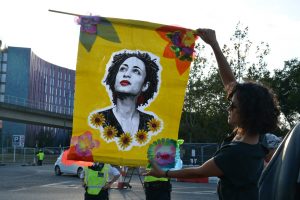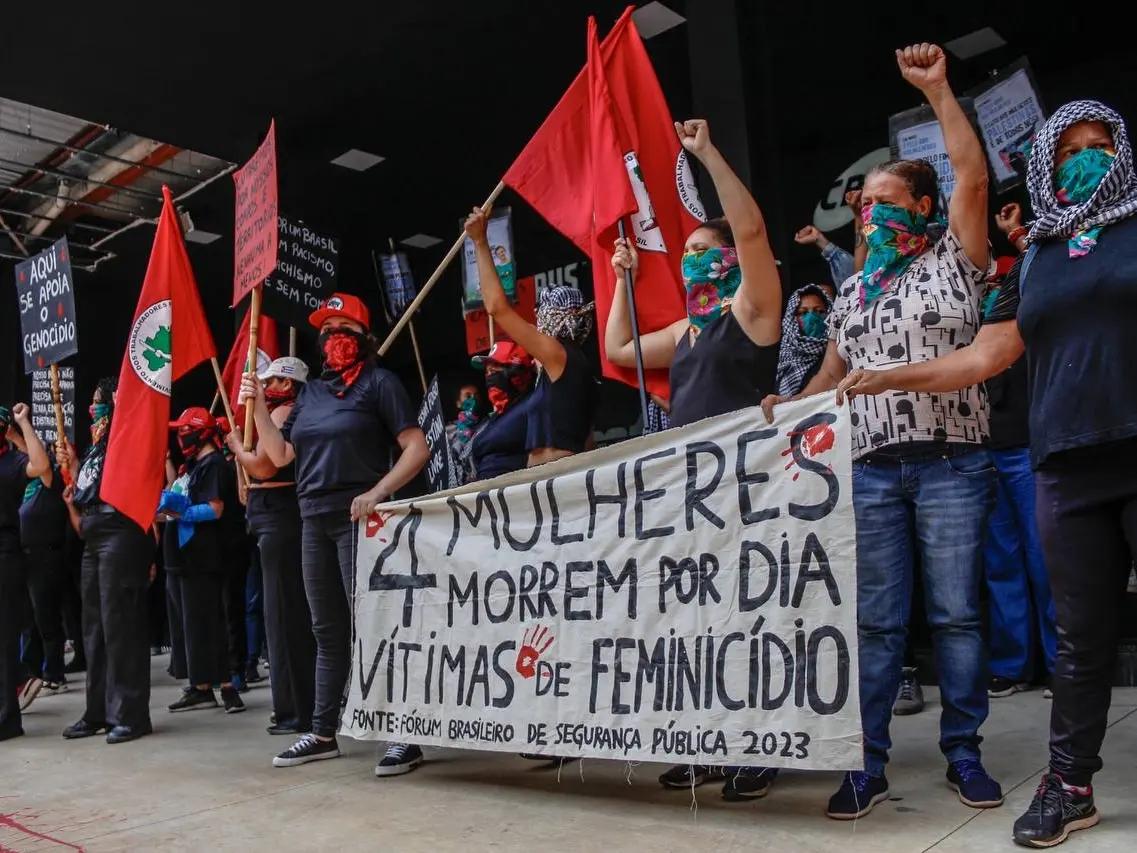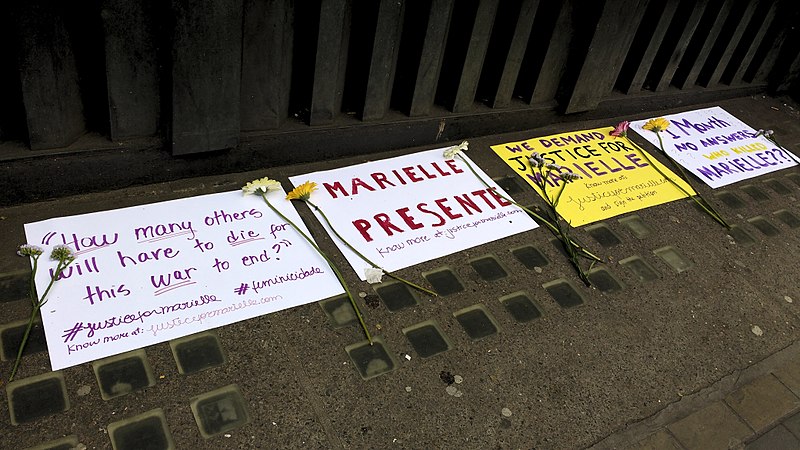Violence against women committed by police and army agents in Rio de Janeiro’s favelas and peripheries are widespread but receive little attention. Adolescent and young women, who are racialized and objectified by the agents, are compelled to enter official police or army vehicles (viaturas). Inside these vehicles, victims suffer sexual violence while the car circulates within the favela.
Specific violations occurred during the 2014-2015 occupation of the Maré favela by the Brazilian Army under the Guarantee of Law and Order (GLO). During this time, residents, including young racialized female communicators, faced practices known as filing, which involved aggressive stops, searches, and attempts at intimidation by soldiers. Female residents reported being stopped and searched and made to walk with rifles pointed at their faces. Moreover, reports collected in subsequent years, specifically during the 2018 Federal Intervention, confirmed cases of rape perpetrated by soldiers. The source stresses that the symmetry between the sexual violence suffered by women and the summary execution of men is frequently made invisible due to misogynistic framings present in the field of public security.
Reference: Gizele Martins e Juliana Farias, “Circuitos urbanos do terror de Estado: Uma abordagem antirracista e interseccional da militarização”, Ponto Urbe, 32, 2024, Available at: http://journals.openedition.org/pontourbe/16193
The murder of Marielle Franco

Marielle Franco was a highly popular Rio de Janeiro community activist, and politician from the Radical Left Party of Socialism and Liberty (PSOL). A black, bisexual, single mother, she campaigned against police violence, poverty, and racism, and for LGBT rights and social and economic justice.
She was a prominent thorn in the side of the police, militia, and right-wing politicians. On March 14 2018, she was murdered, shot dead along with her driver. The murder was widely suspected of being the work of armed militia.
As of 2025, the investigation into the 2018 assassination of Rio de Janeiro councilwoman Marielle Franco and her driver Anderson Gomes has seen significant developments. In late 2024, former police officers Ronnie Lessa and Élcio de Queiroz were convicted and sentenced to 78 and 59 years in prison, respectively, with Lessa cooperating as part of a plea deal to reveal the crime’s masterminds. Earlier in 2024, three prominent figures—federal deputy Chiquinho Brazão, state auditor Domingos Brazão, and former police chief Rivaldo Barbosa—were arrested and later formally indicted for allegedly orchestrating the killings to target political opponents. Additionally, Edilson Barbosa dos Santos, a scrapyard owner, was convicted for obstructing justice by dismantling the vehicle used in the shooting.



